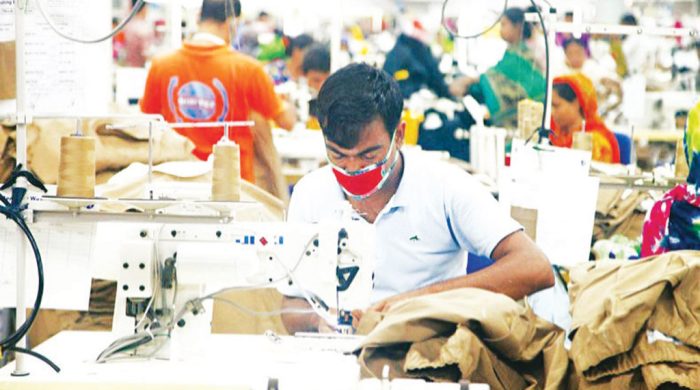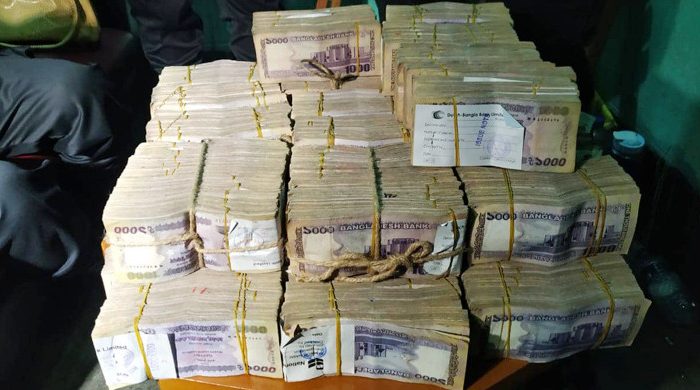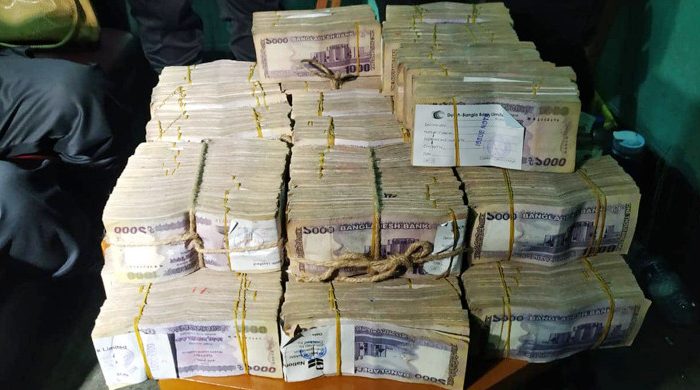Pakistan inflation stalls high despite IMF bailout

- Update Time : Saturday, September 2, 2023
- 61 Time View

Pakistan’s headline inflation persisted at 27.4 percent year-on-year in August, official data showed, as a tumbling rupee and soaring bills blamed on an IMF bailout package hampered government efforts to rein in prices.
Pakistan was on the brink of default this summer, before the International Monetary Fund agreed to a lifeline deal on condition that the government cut subsidies that had cushioned living costs.
Since then, the rupee has crossed an historic threshold of 300 to the dollar, whilst Islamabad has hiked petrol prices and electricity costs have spiked, sowing widespread discontent.
Prices rose 1.7 percent month-on-month in August, according to government statistics released Friday, and the year-on-year figure of 27.4 percent was only one point shy of July’s, signalling little relief.
In August, motor fuel cost eight percent more than July, whilst water bills in urban areas rose more than 11 percent and the price of tomatoes was up as much as 82 percent.
Pakistan’s retailers said they will keep shops shuttered Saturday in protest over the soaring costs which have become a lightning rod for public anger ahead of forthcoming general elections.




















